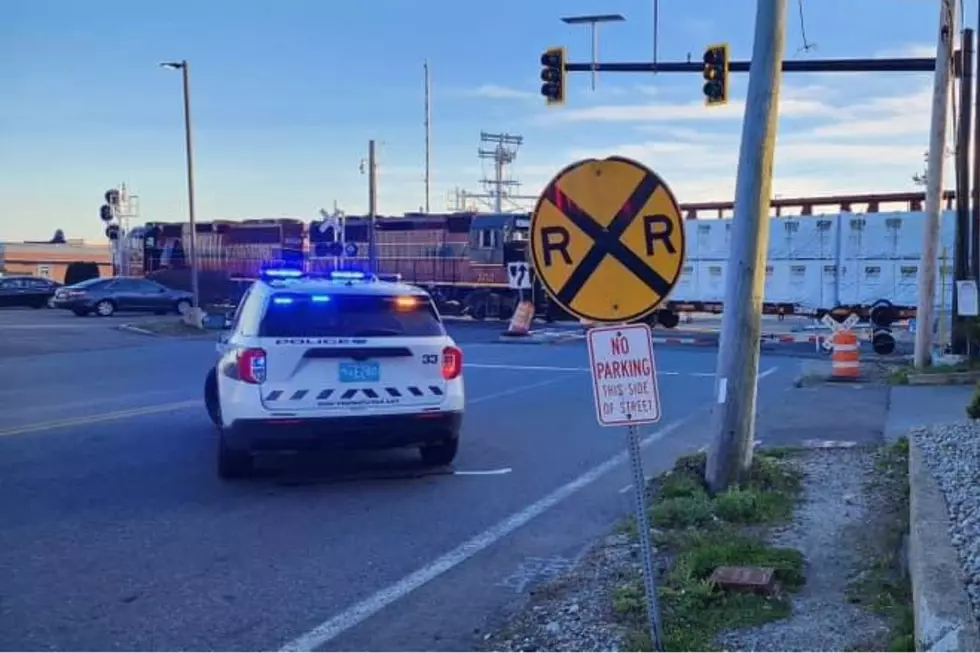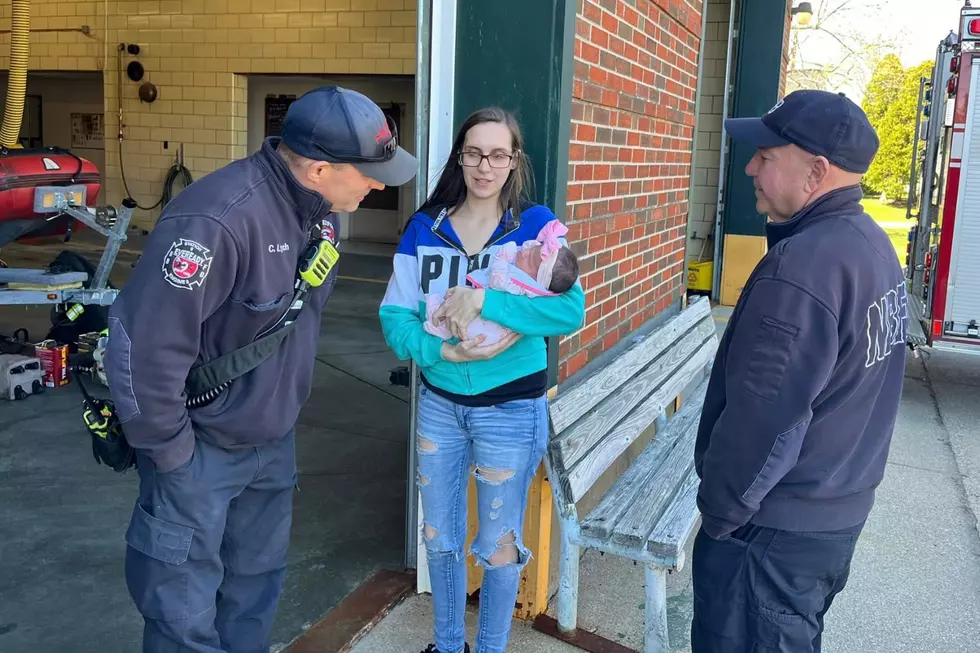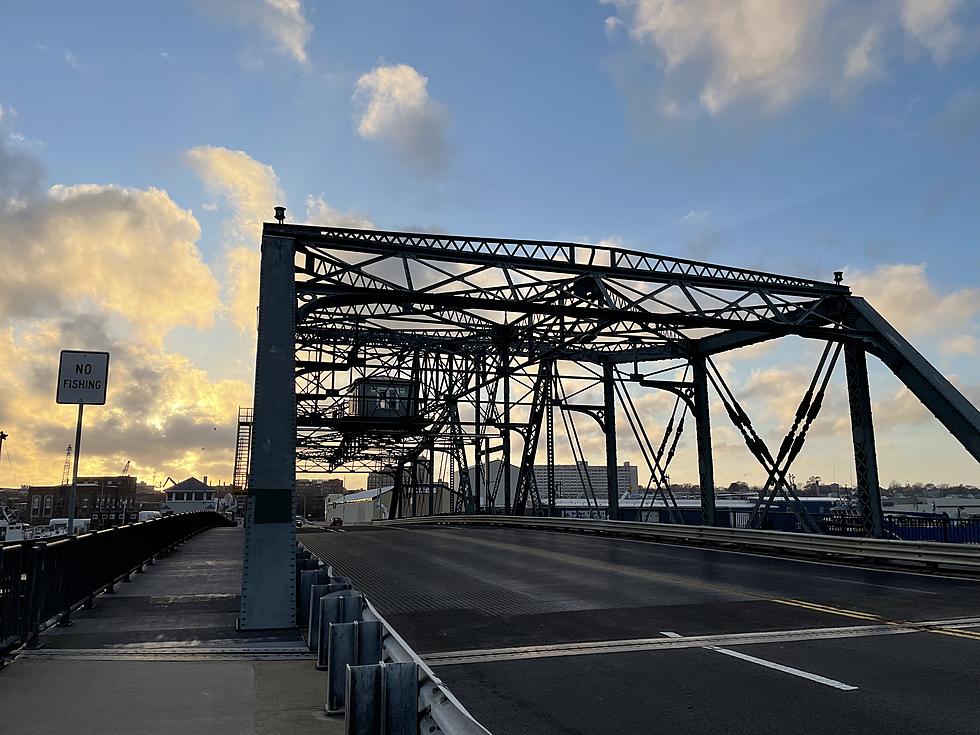
Mitchell Designates New Bedford as ‘Metropolitan Area’ at State of the City
New Bedford, along with 25 other municipalities across the Commonwealth of Massachusetts, are often designated as a "gateway city."
Gateway cities are typically defined as smaller urban areas that are a centralized part of a local economy. Each gateway city's history often includes a thriving manufacturing economy at the height of the industrial revolution that over time has been hollowed out due to external economic phenomena such as globalization. As a result, these municipalities often face similar socioeconomic challenges.
The state legislature has codified a specific definition of what qualifies as a gateway city. The Gateway City Legislative Caucus was established in 2008 and consists of over 50 lawmakers in both chambers of Beacon Hill who represent these communities. One of the co-founders of the caucus is New Bedford Rep. Tony Cabral, who remains its chair for the State House.
But Mayor Jon Mitchell, at his State of the City address Wednesday, sought to distinguish New Bedford from the the "gateway city" label.

The State of the City address was well attended, and included a slate of 2022 statewide elected office hopefuls: gubernatorial candidate Chris Doughty; Lieutenant Governor candidates Brett Bero, Katie Campanale, Adam Hinds, and Eric Lesser; Attorney General candidate Andrea Campbell; and Stater Auditor candidates Diana DiZoglio and Chris Dempsey.
Many of the candidates are from gateway cities or represent them in the state legislature. The candidates tout that experience when establishing an understanding of the most pressing issues facing communities like the SouthCoast, which is anchored by the gateway cities of New Bedford, Fall River and Taunton.
Mitchell addressed the state office candidates specifically in his speech and said while the label is well-intentioned, it too broadly categorizes New Bedford and detracts from its unique profile and economic achievements.
"Greater New Bedford may not be a major metropolitan area, but we are proudly a distinct metropolitan area nonetheless of nearly quarter of a million residents, with a center city, closely tied suburbs and a unique history, ethnic mix, and economic base," Mitchell said. "This is the way the state should think about this region."
Throughout the address, Mitchell touted the city's continued economic growth and development which includes the top fishing port in the country, a bustling hospitality industry, and the burgeoning industries of marine tech and offshore wind. Mitchell said that this growth isn't because of major metropolitan areas like Boston, but because New Bedford leveraged its own assets and made key investments in areas that would facilitate this growth.
"We’ve succeeded because we made the conscious decision to seize responsibility for our own economic competitiveness," Mitchell posited. "We have planned comprehensively, and we execute our plans relentlessly. We look to the state as a partner in our efforts, not as a savior."
Mitchell's attempt to designate New Bedford apart from the 25 other gateway cities presents an important question on how the city presents itself to the rest of the Commonwealth: Does solidarity with other gateway cities give municipalities like New Bedford more bargaining power in addressing their most pressing economic and social issues, or has Greater New Bedford firmly established itself through its continued economic development as a region with its own unique presence and demand?
New Bedford and Fall River vs. Brockton
Downtown New Bedford Then and Now
More From WFHN-FM/FUN 107









